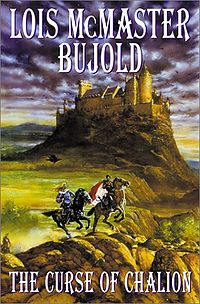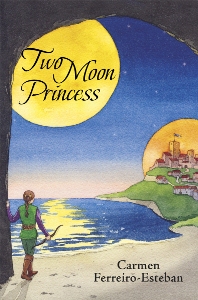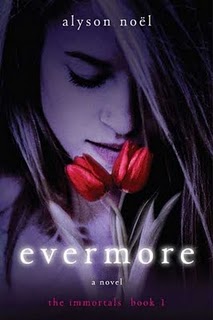A lone man struggles on a rocky path toward his home, seeking refuge after three years as a galley slave on an enemy vessel. He labors toward the castle of Valenda, where he once served the noble family as a page, hoping he will be remembered and given rest inside its walls.
More than warmly received in Valenda, the man — Lupe de Cazaril — finds himself charged as personal secretary and tutor to the Royesse Iselle, Chalion’s version of a princess. When Iselle is summoned to the castle Cardegoss, capital of Chalion, Cazaril must follow and help her navigate the treacherous political pitfalls of the courts.
When he tries to protect Iselle from marriage to the power-grubbing Dondo dy Jironal, Cazaril the tutor becomes pressed into the service of Chalion’s gods. As a reluctant saint he plunges into uncharted waters trying to unravel deeper mysteries of the Cardegoss court and the curse that plagues the royal family.
Without wasting time delicately establishing the medieval setting of the novel, Bujold dives straight into the plot and slowly unfolds a world of warring kingdoms and a theology involving five deities, sorcery, demons, priests and saints. The feudal structure is similar enough to the dark ages found in history books that Bujold doesn’t leave readers floundering. When necessary, Bujold interlaces explanation of Chalion, its history, religion and surroundings with the narrative as the story moves forward.
The most compelling aspects of the novel are Bujold’s vivid characters. A sharp-minded Royesse’ her brash and easily inflated brother, the sickly king; a conniving, manipulative chancellor; and a mysterious groom all jump from the pages. Not least of these is the Lord de Cazaril, who transforms from a man racked with the sorrows and pains of his failures and misfortune to become the hero who overcomes all obstacles and provides the sacrifice necessary to free Chalion from the great curse that plagues its every move.
I’m not usually one for fantasy novels, but Bujold creates a world that delicately balances the supernatural and believability. She avoids fantasy-world cliché and combines romance with mystery and political intrigue while ruminating on the eternal tug-of-war between free will and fate.
Rated: Mild for a few uses of mild language, descriptions of ill-treated prisoners, and a few sexual references.




